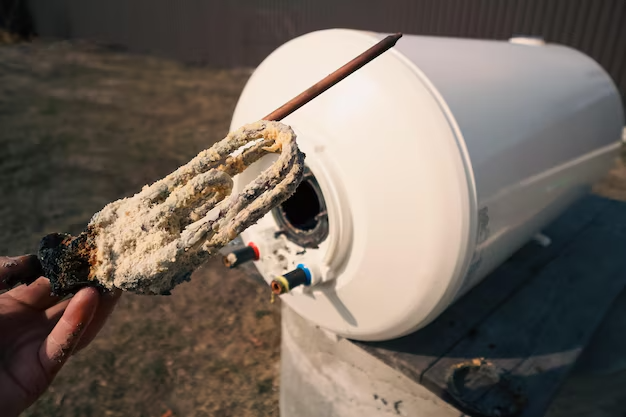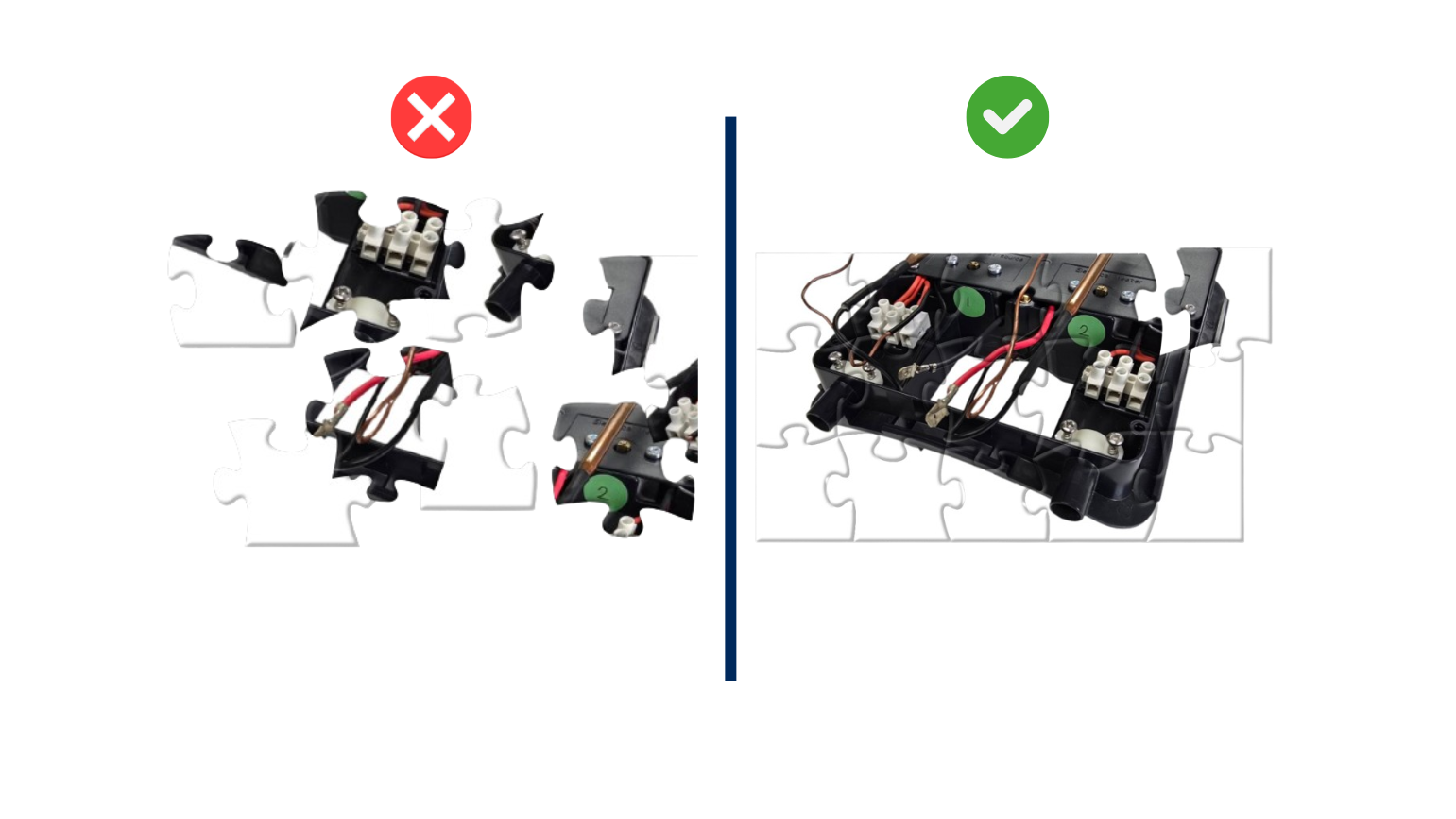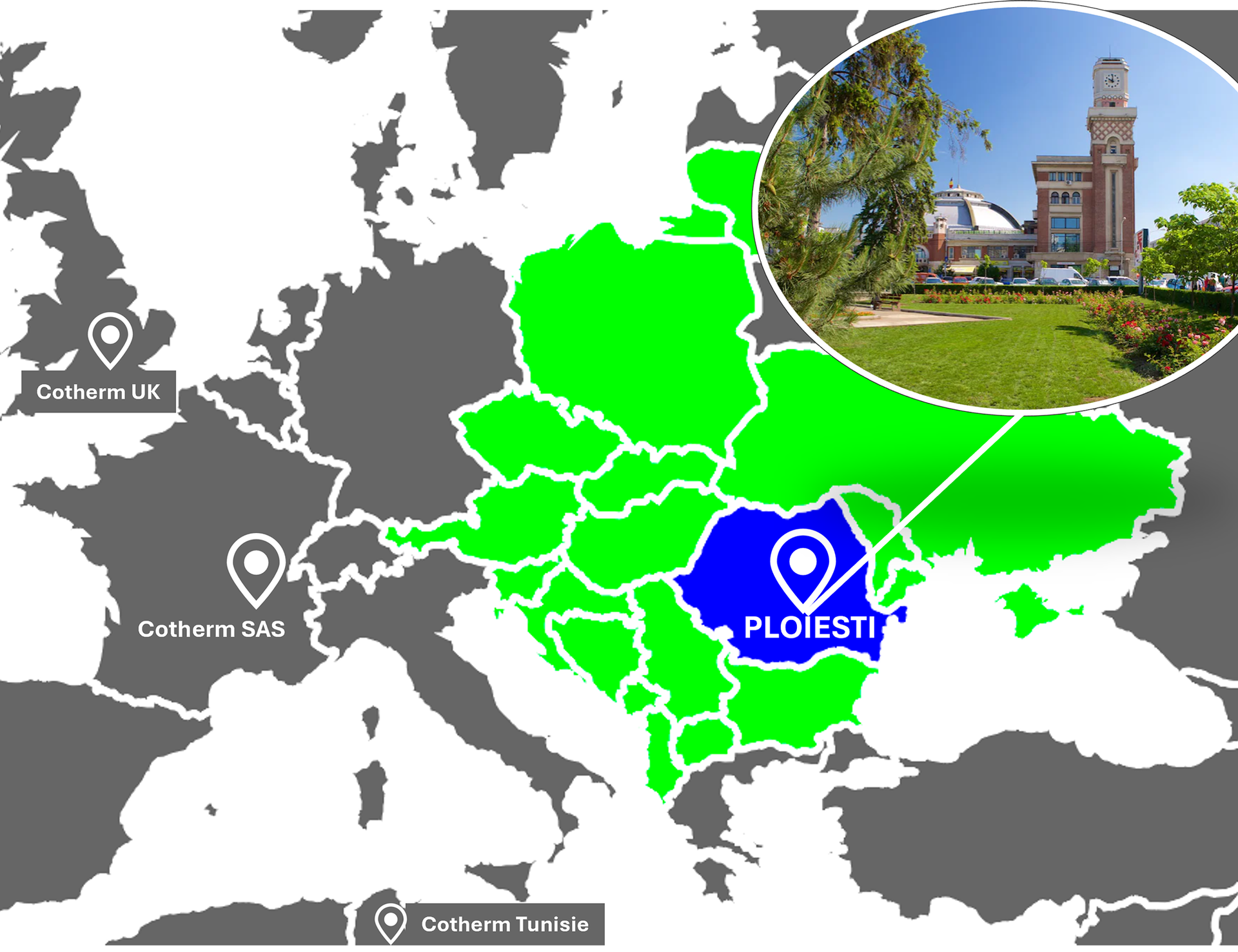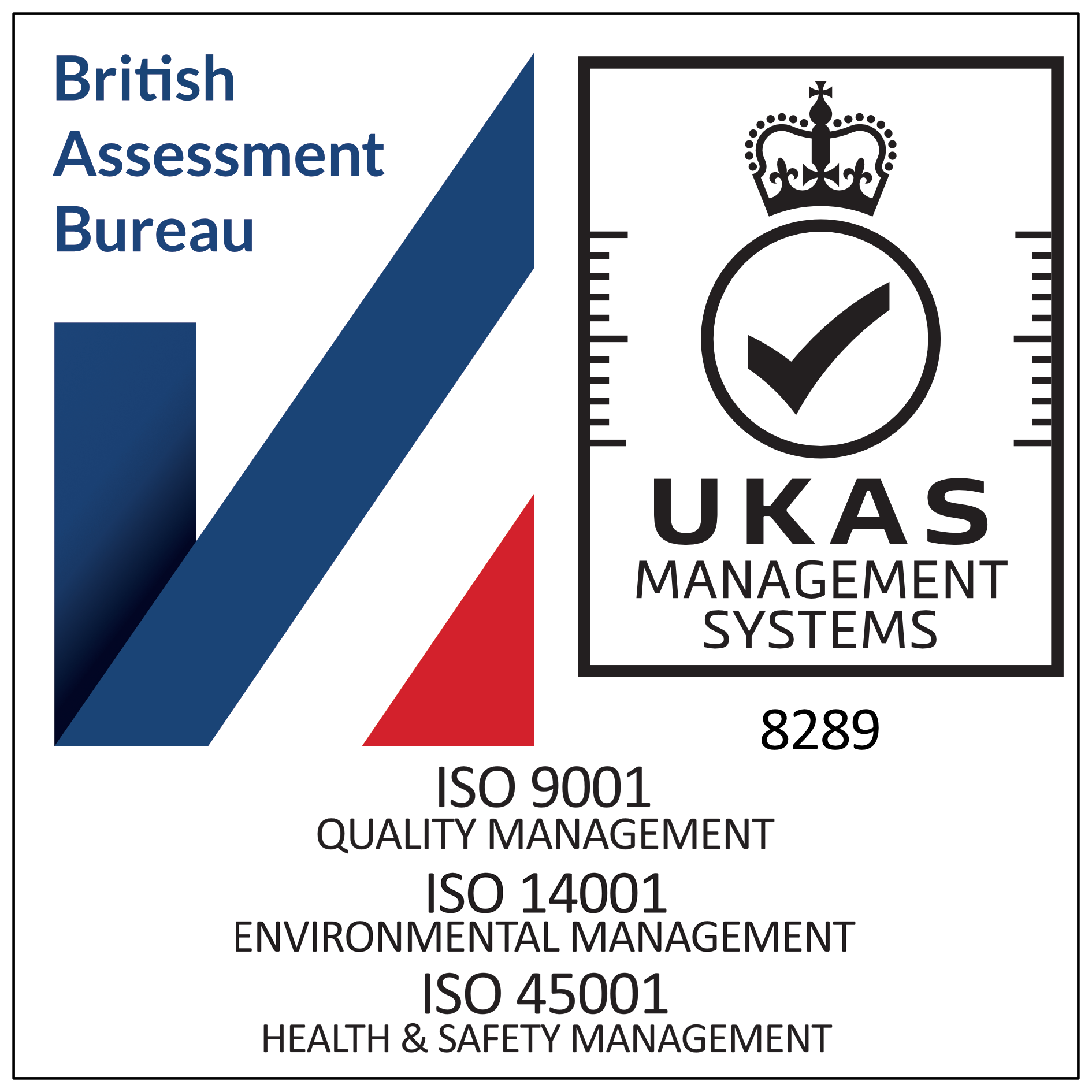How does hard water affect my heating element here in the UK?
How Hard Water Affects Heating Elements in the UK: A Hidden Cost of Limescale

In many parts of the UK, households and businesses face an invisible but costly problem—hard water. This common water quality issue, caused by high levels of dissolved calcium and magnesium, can quietly wreak havoc on heating systems. While it may not be immediately obvious, the long-term impact of hard water on heating elements is significant, leading to higher energy bills, reduced appliance lifespans, and increased maintenance costs.
What Is Hard Water?
Hard water contains a high concentration of minerals, primarily calcium and magnesium. These minerals are naturally absorbed as water percolates through limestone and chalk deposits—common in regions like the South East, East Anglia, and parts of the Midlands. According to UK Water Hardness maps, over 60% of the country experiences some level of hard water.
Heating Elements: Why They’re at Risk
Heating elements—found in kettles, washing machines, dishwashers, boilers, and immersion heaters—are particularly vulnerable to the effects of hard water. When water is heated, the calcium and magnesium ions precipitate out and form limescale, a hard, chalky deposit that clings to metal surfaces.
Over time, this limescale builds up on the heating elements, creating a layer of insulation between the element and the water it’s supposed to heat.
Consequences of Limescale Buildup
- Reduced Efficiency
Limescale acts like an insulating blanket, forcing the heating element to work harder and longer to achieve the desired temperature. According to the Carbon Trust, just 1 mm of limescale can reduce heating efficiency by up to 7%. In boilers and hot water cylinders, this leads to significantly increased energy consumption and higher utility bills. - Shortened Lifespan
Constant overheating due to limescale buildup can cause heating elements to burn out prematurely. For example, kettles in hard water areas often need replacing far more frequently than those in soft water regions. Similarly, immersion heaters and electric showers may fail well before their expected lifespan. - Increased Maintenance and Repair Costs
Boilers in hard water areas require more frequent servicing. Engineers often need to descale internal components or even replace corroded parts. In some cases, limescale can block narrow pipes and cause pressure issues, leading to further damage.
Impact on Domestic and Commercial Users
For homeowners, the impact is often felt as a series of irritating and expensive appliance breakdowns or rising energy bills. For commercial operations—such as hotels, laundromats, or food service businesses—hard water can have serious implications for operational efficiency and long-term budgeting.
Mitigation Strategies
- Water Softeners
Installing a water softener is one of the most effective ways to combat hard water. These devices remove calcium and magnesium ions, preventing limescale from forming in the first place. - Electric De-scalers or Conditioners
These electronic devices change the properties of hard water minerals so they are less likely to stick to surfaces. While not as effective as traditional softeners, they can be useful in some settings. - Regular Descaling
Appliances such as kettles, boilers, and showers benefit from regular descaling using citric acid or commercial limescale removers. - Manufacturer Maintenance Plans
Some boiler manufacturers offer maintenance packages that include regular descaling and system checks, helping extend the life of the equipment in hard water areas.
Conclusion
In the UK’s hard water regions, the unseen effects of limescale can quietly drive up energy costs and damage expensive heating appliances. Awareness is key: whether you're a homeowner or a facility manager, proactive steps like installing softening systems or committing to routine descaling can save money and extend the life of your heating equipment. As energy prices continue to fluctuate, maintaining heating efficiency is more important than ever—and protecting against hard water is a crucial part of that strategy.







